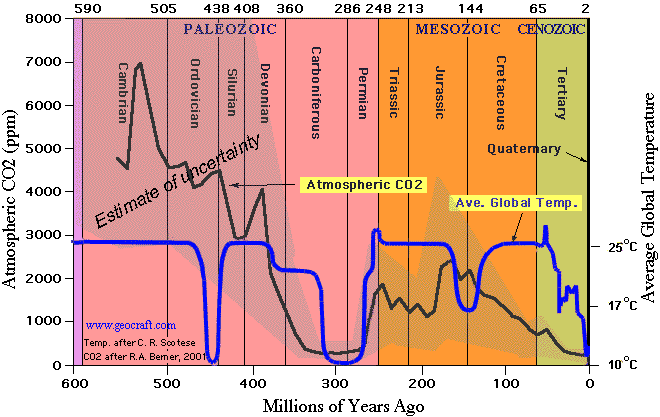A thought provoking read.
>>The annual Earth Overshoot Day is set to occur on July 29 this year, three days earlier than last year.
That’s the day in 2019 when we will have used up all the resources that Earth’s natural systems can provide and replace in a year, according to the Global Footprint Network.
Or another way to think of it is like this: Let’s say we’ve got a certain amount of food that has to last us all year. We’ll have eaten all of it by July 29. Everything we’re eating after that, we’re taking from next year’s supply, and the year after and so on.
But it’s not just food we’re doing it with.<<
https://www.abc.net.au/news/science/2019-07-25/population-growth-world-overshoot-day/11320990

